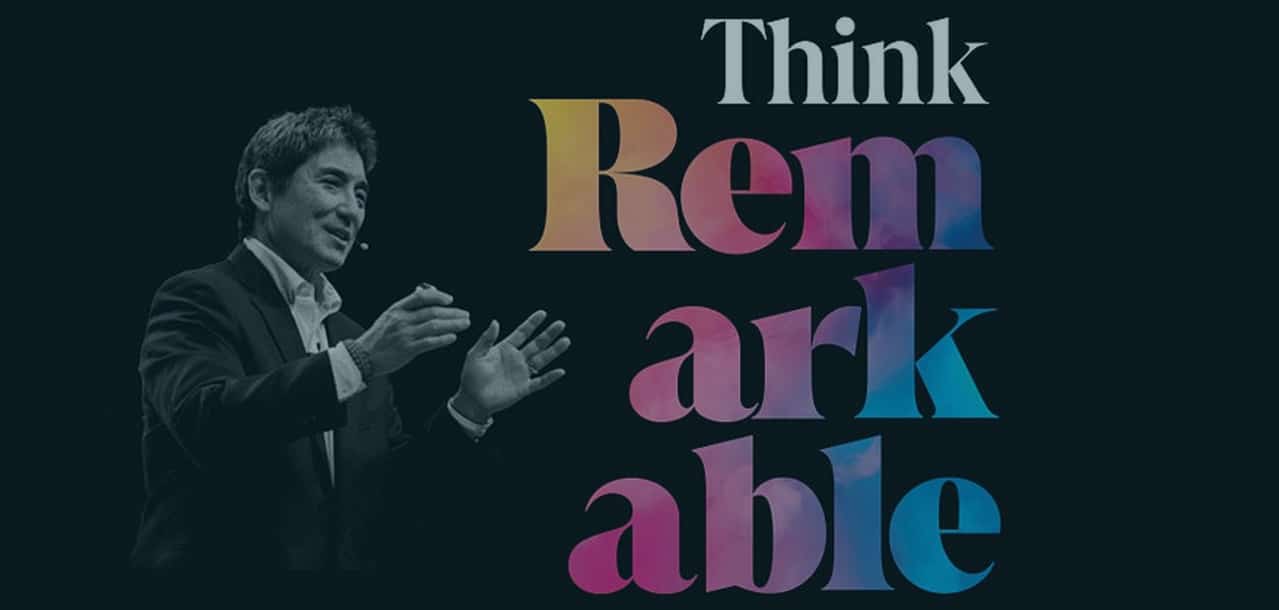Steering Point Articles

Blending Skills-Based and Competency-Based Interviewing: Similarities, Differences, and Benefits
Job interviews are undergoing a significant transformation. Traditional approaches—emphasising personality, presentation, and educational qualifications—are being re-evaluated in favour of methods prioritising skills and competencies. One movement driving this change is the “Tear the Paper Ceiling” initiative, which advocates recognising candidates based on their skills and experiences rather than formal degrees.

The Role of Music in Enhancing Work Productivity
Music has been an integral part of human culture for millennia, serving as a source of entertainment, a means of expression, and a tool for communication. In today’s modern workplaces, music is more accessible than ever, thanks to streaming services and personal devices. Employees often plug in their headphones to drown out distractions, elevate their mood, or find a rhythm in their tasks. But how exactly does music influence work productivity? Can the right playlist make us more efficient, or does it sometimes hinder our performance?

The Power of Personalised Development and Culture in High-Performance Teams
In today’s rapidly evolving business landscape, the differentiators that set the most successful teams apart are often not just their operational strategies, leadership or technology. Increasingly, what defines high-performing teams is their commitment to people development coupled with a purposeful culture. These two elements create a powerful synergy that drives sustainable success, both in teams and organisations.

Breaking the Glass Ceiling
Despite efforts to promote gender equality, women continue to be underrepresented in leadership positions across various industries. According to a report by Grant Thornton Belgium, a consulting firm with expertise in audit, accountancy, tax & legal and advisory, 33.5% of all senior management positions worldwide are held by women today, compared to 32% last year and 31% in 2021. At this rate, we will not reach parity until 2053.”

Process and People
“Continuous people development…builds an organisation’s capacity for learning, innovation, and transformation, allowing employees to grow in ways that benefit both their personal and professional lives.”

Travelling for Work
“According to a new study conducted by Opinium and commissioned by World Travel Protection (WTP), workers feel a sense of anxiety (34%), stress (34%), homesickness (30%) and exhaustion (29%) while travelling for work. Meanwhile, a survey by the International SOS Foundation and Kingston University found that, of the 200 frequent travellers that took part, 45% reported higher stress levels than normal while on work trips. And 31% said they experienced emotional exhaustion –– one of the major risk factors of burnout –– on a weekly basis.”

How “Nice” Should You be at Work?
“A recent article in The Economist observed the increasing prevalence of the word “nice” in business and leadership spaces. “Kindness is in the air,” the article said. “Publishers produce business books with titles like ‘The Power of Nice’ or, simply, ‘Kind’…[while] firms publicly embrace the values of compassion.”

What is the Value of a Master’s Degree?
“In a world where the job market is becoming increasingly competitive and specialised, many recent graduates or even current professionals are weighing up whether a master’s degree might help to set them apart. The in-depth knowledge, networking opportunities, and specialisation offered by such degrees are obvious positives. Meanwhile, the prohibitive costs and increased standardisation of further study can beg the question as to whether a master’s degree is really worth the debt that comes with it.”

Laser Focus for the Winter Months
“The decrease in daylight hours reduces serotonin levels and disrupts our circadian rhythm. Colder temperatures can also decrease motivation, and the added pressure to finish projects before the Christmas and New Year break can create a work environment that is not always conducive to optimal performance. To navigate this period successfully, it’s essential to maintain focus, seek balance, and establish clear goals.

Lessons from Guy Kawasaki’s Insights on Personal Growth, Leadership, and Resilience
” Kawasaki provides unique insights and lessons from his experiences and interviews with remarkable figures like Jane Goodall and Steve Wozniak. This post will explore some of the core takeaways from a recent podcast interview I did with Guy on the 1% podcast, touching on themes such as growth, perseverance, work-life balance, and leadership.”

Impressions Create Expressions
“In the context of organisational culture and individual performance, the saying “impressions create expressions” significantly shapes subsequent behaviours. Research in organisational behaviour suggests that these impressions—shaped by leadership—have a profound impact on overall performance.”

What Can a Dying Uruguayan Teach You About Life? Hint: it’s More than You Think
“Pepe Mujica is dying. Pepe Mujica has lived. The 89 year-old former “philosopher president” of Uruguay is a pivotal figure in his country’s history, having helped lead the transformation of his small South American nation into one of the world’s healthiest and most socially liberal democracies. He also used to rob banks as a Robin Hood-esque leftist urban guerrilla, tunnelled his way out of two prisons, endured 13 years of captivity, including two in solitary confinement in a hole in the ground, and survived six gunshot wounds during a 1970 confrontation with the police.”